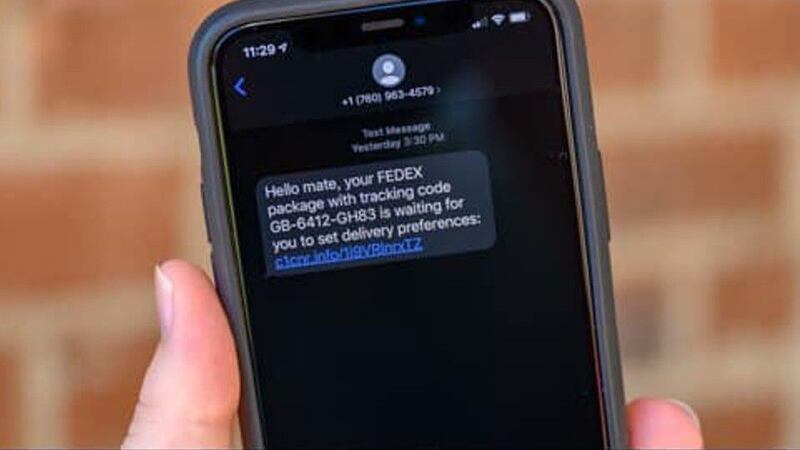PITTSBURGH — The FBI said online scams have spiked during the COVID-19 crisis, and one of the most frustrating scams is having your identity stolen on social media.
Being hacked or impersonated on social media can turn into a nightmare. Channel 11 consumer investigator Angie Moreschi’s said a hacker took her Instagram profile information and created a fake account.
The only difference were a couple of typos. On the fake account there was no "i" in Angie, so it was “Ange Moreschi.”
If you have a consumer issue that you’d like 11 Investigates' Angie Moreschi to look into, contact her at amoreschi@wpxi.com.
Several of her friends said they got messages from the fake account saying, “Hey how are you?”
From there, the fake account encouraged her friends to apply for a grant through a fake program called the World Wide Fund, which they claimed helps people like widows, the disabled and unemployed financially.
Cybersecurity experts said to report fake accounts to Instagram immediately, and have friends do the same.
TRENDING NOW:
Unfortunately it snowballed, and her friends also got spoofed. Her friend’s fake account also had a misspelling, so that’s a key red flag to look for.
Luckily, when she reported it, Instagram took down the account that was impersonating her.
Unfortunately, Morsechi was not as lucky. Instagram sent her an email asking that she attach a photo of herself holding a government issued ID to verify her identity. When she declined and said it made her uncomfortable, they disabled her account.
You have very little recourse if Instagram requires you to send your ID.
Morsechi finally sent it, and after four days, Instagram took down the fake account, but her real account is still disabled. And she’s gotten no response from Instagram after repeated emails.
The best advice is to protect yourself before you have a problem by using a two-step authentication process whenever you can.
Cox Media Group








